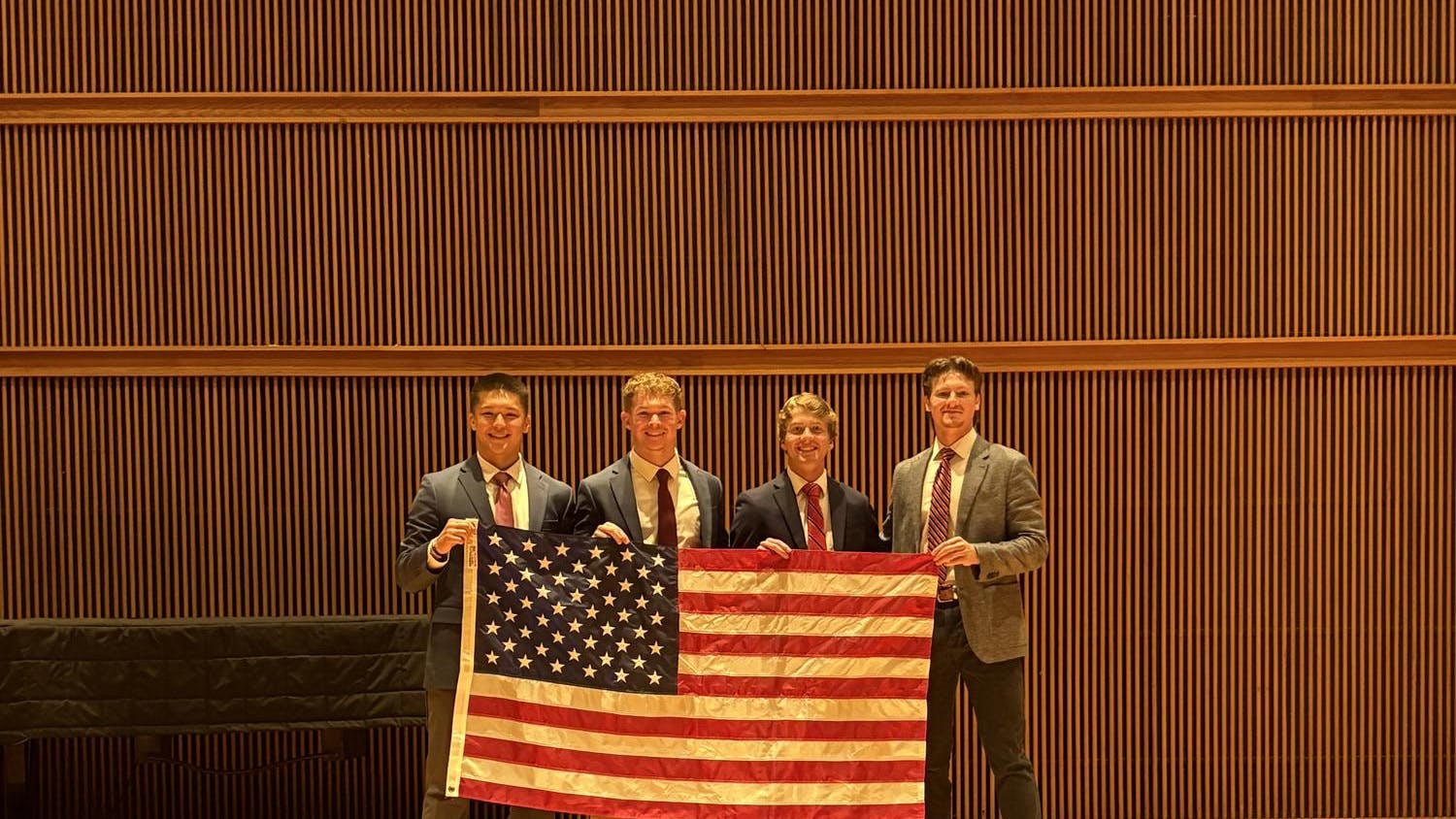Joseph Johns | Echo
Japanese Prime Minister Shinzo Abe is awaiting the amendment of the country's Constitution later this week. The controversial bill would allow Japan's Self-Defense Force (SDF) personnel to play a greater military role overseas-something it has eschewed since the end of World War II, reports CNN.
The amendment specifically changes Article 9, which reads: "Aspiring sincerely to an international peace based on justice and order, the Japanese people forever renounce war as a sovereign right of the nation and the threat or use of force as means of settling international disputes."
The Washington Post reported that opponents of the amendment such as Craig Martin, an expert in Japan's constitution at Washburn University School of Law, have concern about the new changes.
The democratically correct path to a Constitutional Amendment in Japan stipulates that two-thirds of each house of the Diet, Japan's legislative body, must approve the amendment. In addition, half of Japan's population must approve of the amendment.
The East Asia Forum reported that the Abe-led government instead opted for the simpler path of Constitutional reinterpretation via a cabinet decision, short-circuiting the due process.
Martin's concern is reflected in the protests outside of the Parliament building in Tokyo.
CNN reports that thousands of people protesting the change gathered in pouring rain outside the Parliament in July when members of the Lower House voted to approve a set of bills backed by Abe.
These protests have been mostly peaceful, thanks in part to the pacifist spirit of Japan after World War II and also because of the democratic traditions the building represents.
Yuna Seo, a sophomore international relations student at Taylor, said, "Most Japanese people, especially those who are living in Hiroshima, are strongly against the Amendment. This opposition comes from the strong pain and ruinous results of war that was led by (the) strong nationalism of Japan before World War II."
One man went so far as to self-immolate, reported CNN, dumping gasoline on himself, igniting and jumping from a bridge because of his convictions about the government's change in position concerning armed conflict issue.
Many people attribute the change to powerful regional neighbors such as China, North Korea, and South Korea.
China is constructing artificial islands in the South China sea in an attempt to bolster its territorial claims in the region while North Korea announced that it is ready to use nuclear weapons "any time" according to Al-Jazeera.
South Korea has shown support for Japan's Constitution to stay the way it is now by helping promote awareness and public support of Article 9 in 2014, according to the New York Times.
In response to the anticipated changes in policy from Japan, these nations are concerned about this development.
The motivation for Abe's actions is unclear to the Japanese people, as expressed in Abe's approval ratings plummeting to well below 50%, according to an article written in Britain's Financial Times.
In any case, Japan is poised to continue on the path to substantive military engagement of enemies abroad such as the Islamic State, or ISIS, which kidnapped two Japanese hostages and released a video of one hostage being decapitated in Jan. 2015, according to an NBC article.
China also wants to ensure Japan stays within its bounds by constructing artificial islands in the South China Sea, a heavily disputed area between the two countries. These islands allow China to claim control of the water around the islands, as well as any oil or natural gas found in the waters around the sovereign Chinese territory.
This is significant because Japan claimed some islands near the newly built Chinese islands as their own, prior to the Chinese construction.
China appears to be attempting to provoke a response from Japan.
The United States supported Japan's pursuit to broaden the use of its military power in its Constitution, acting as the counterweight to the plethora of criticism that Japan has received from its immediate neighbors.
President Barack Obama, as quoted in a Washington Post article, said, "Prime Minister Abe is leading Japan to a new role on the world stage."
The amount of national rhetoric encompassing this issue makes it difficult to see where that "role on the world stage" will be for Japan, but we can be sure that Japan will continue to be a world power, with a slightly larger military footprint used to defend the ideals of freedom and equality.





